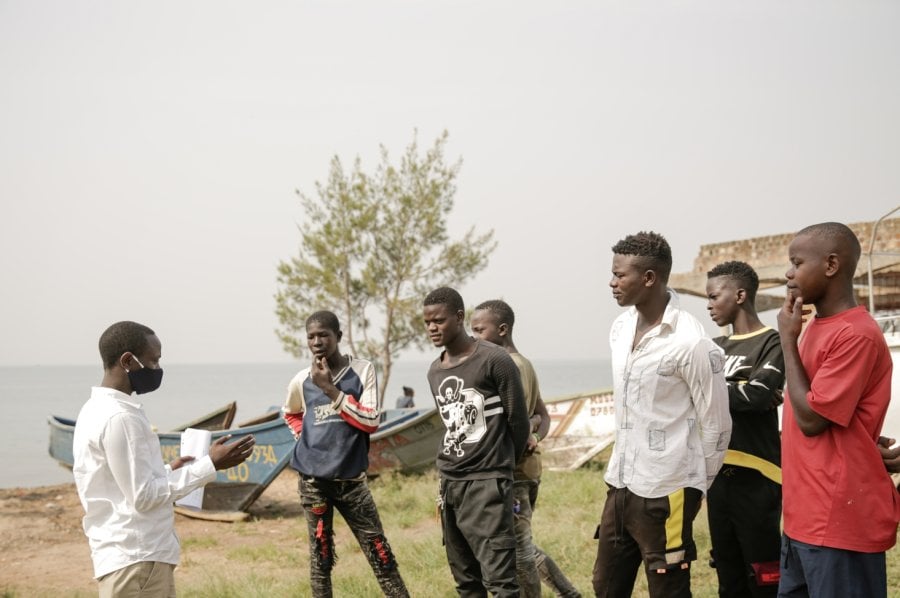
Mobilizing adolescents to enroll in the PrEP study
The Combined HIV Adolescent PrEP and Prevention Study (CHAPS) under the MRC/UVRI and LSHTM Uganda Research Unit explored how Pre-Exposure Prophylaxis (PrEP) roll-out could influence sexual risk behaviours among adolescents in East and Southern Africa. With funding from the European and Developing Countries Trial Partnership grant (EDCTP2) programme, UK Medical Research Council (MRC) and the UK Department for International Development (DFID), researchers in the Social Aspects of Health Programme explored whether future PrEP initiation in sub-Saharan African settings may lead to changes in sexual behaviour.
While PrEP is a potential biomedical strategy for reducing HIV incidence among adolescents, the study shows that its widespread use may lead to anti-social sexual behaviors such as multiple sexual partners, early sexual debut, sexual violence and perversion, and a disregard for other STI prevention strategies.
The study, which included adolescents from Uganda, Zimbabwe, and South Africa, demonstrates a level of enthusiasm among adolescents that policymakers and health practitioners might use to reduce the risk of risky sexual behavior associated with PrEP use.
Results from the study emphasise that sustainable delivery of PrEP requires integration of its rollout policies and services with other existing STI prevention programmes. The study findings inform key policy and programmatic considerations for implementation and scale up of PrEP in Africa through continuous sensitisation as part of a combination package of HIV prevention strategies to prevent other STIs and unwanted pregnancies among adolescents.
The main goal of this study was to address the scarcity of evidence on the influence of PrEP on sexual behavior modification in adolescents in real-life situations. By examining whether future PrEP initiation among teenagers may lead to changes in sexual behavior, the study informs program design and implementation for changing national PrEP roll-out in African countries. Participants came from fishing settlements in Entebbe, Uganda, as well as community groups, schools, churches, bars, taxi ranks, and other public gathering spots in Chitungwiza, Zimbabwe, and Soweto and Cape Town, South Africa.
If you enjoyed this article and would like to build a career in global health, we offer a range of MSc programmes covering health and data, infectious and tropical diseases, population health, and public health and policy.
Available on campus or online, including flexible study that works around your work and home life, be part of a global community at the UK's no.1 public health university.
